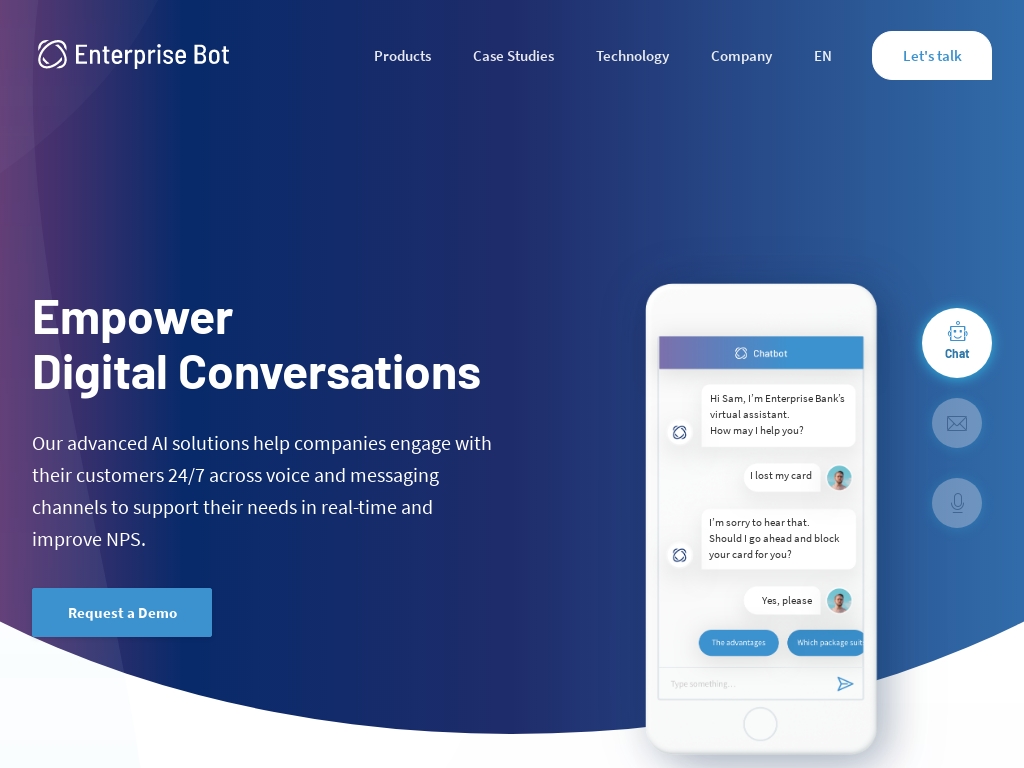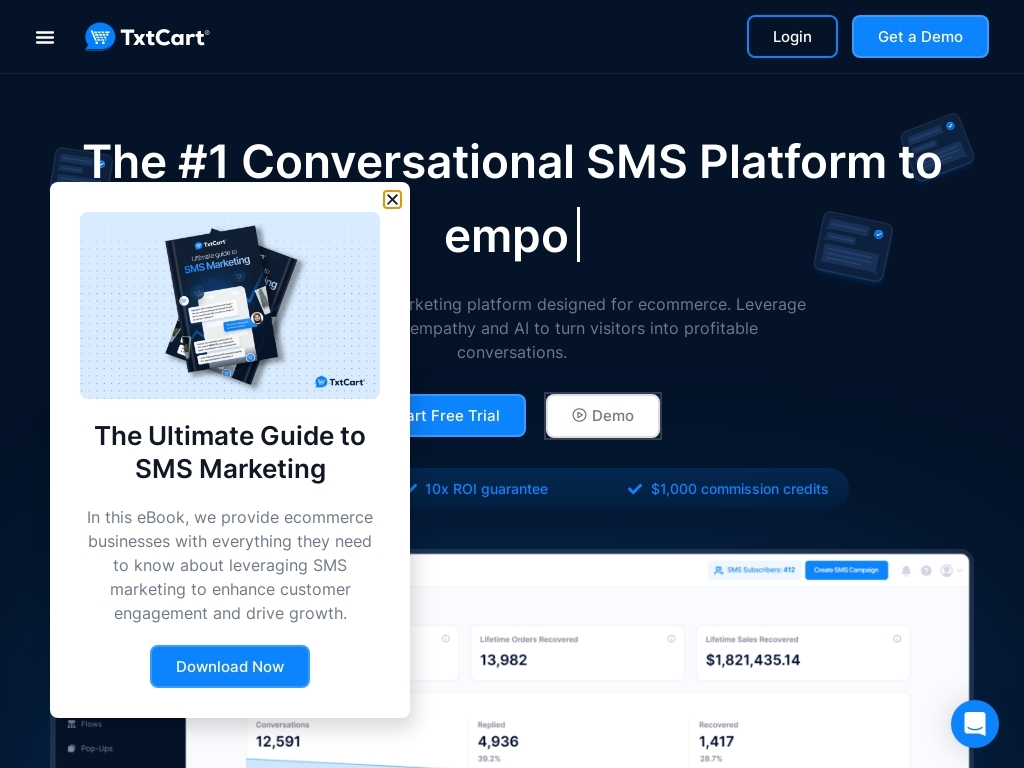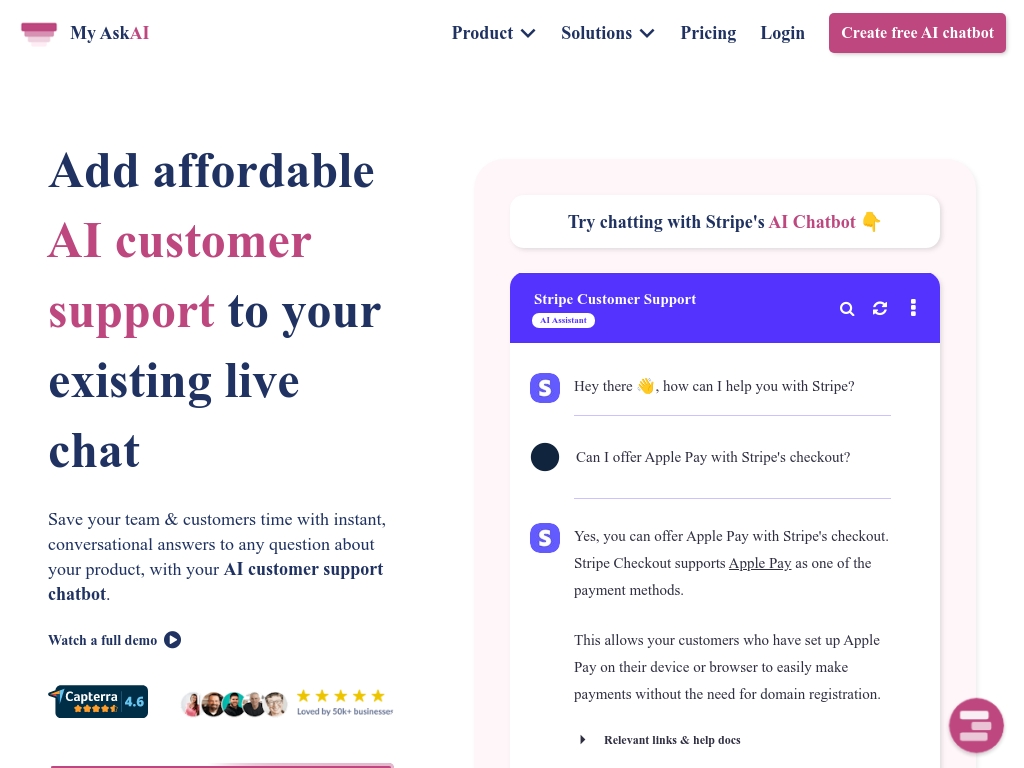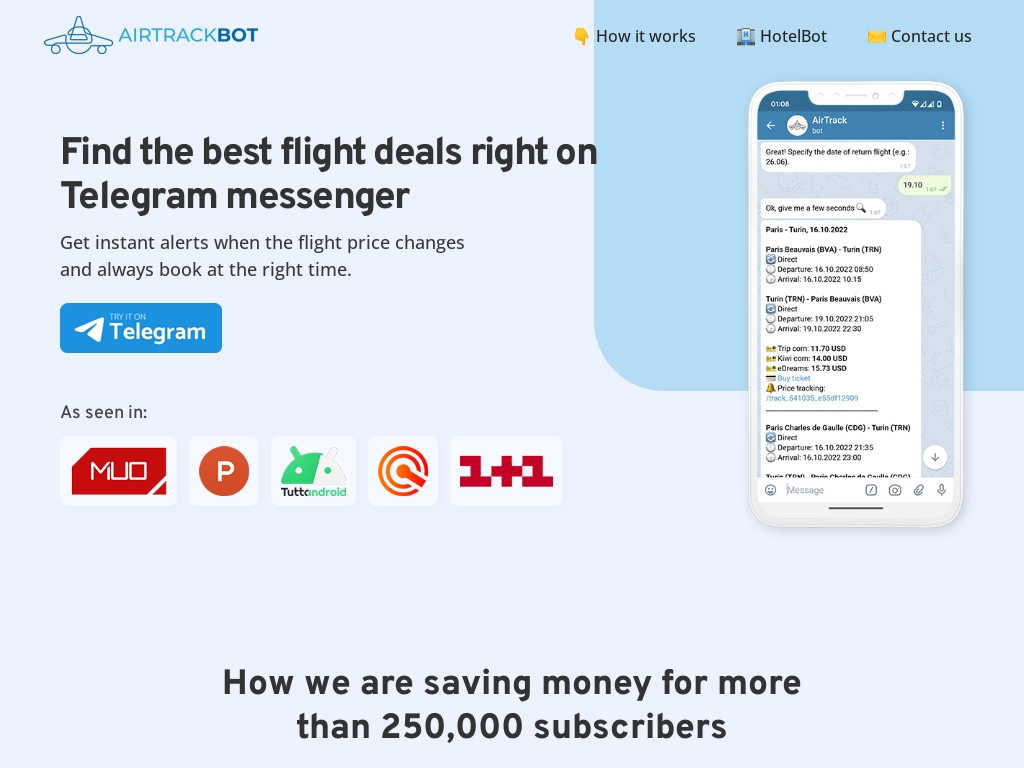
4 Ai Based Chatbot Success Stories [2025]
An AI-based chatbot is an automated program that helps add convenience for customers by simulating a natural human conversation. Chatbots interpret and process users’ words or phrases and gives an instant pre-set answer.
In today's competitive environment, businesses digitize and automate to become more efficient. Therefore, the demand for AI-based applications is high than ever before.
Therefore, starting an AI-Chatbots building application can be profitable.
In this list, you'll find real-world AI-based chatbot success stories and very profitable examples of starting a AI-based chatbot that makes money.
1. Enterprise Bot ($1.8M/year)
Pranay Jain, CEO and co-founder of Enterprise Bot, came up with the idea for his AI chatbot platform after realizing the potential of AI technology during his studies in the United States. Starting with a failed B2C product, Pranay pivoted to focus on conversational AI and utilized accelerators to launch his business with minimal capital. Now, Enterprise Bot has reached a revenue of $2 million and aims to double that this year.
How much money it makes: $1.8M/year
How much did it cost to start: $100K
How many people on the team: 62


Enterprise Bot CEO Pranay Jain discusses how he grew his AI chatbot platform to reach over $2 million in annual revenue, with plans to double that this year, and shares advice for aspiring founders on keeping a positive attitude and never stop learning.




2. TxtCart® ($1.02M/year)
Kyle Bigley started TxtCart after realizing the untapped potential in SMS marketing during his dropshipping days in college. He launched the AI-powered SMS marketing company in 2019, generating $1M ARR while still bootstrapped, and is on track for $3M ARR by 2026.
How much money it makes: $1.02M/year
How much did it cost to start: $30K
How many people on the team: 7


TxtCart, an AI-powered SMS marketing company for Shopify stores, has driven over $50M in revenue for clients by leveraging a 20X ROI on SMS strategies, while growing to a $1M ARR and aiming for $3M—all while remaining bootstrapped.




3. My AskAI ($300K/year)
After leaving his nearly decade-long finance career and spending years contracting at tech companies, the co-founder of My AskAI saw his breakthrough when experimenting with GPT-3 technology. Teaming up with a colleague, they initially created tools like a university personal statement generator and No Code AI Model Builder before pivoting to My AskAI, which now makes $25k/month and handles AI customer support for SaaS businesses.
How much money it makes: $300K/year
How much did it cost to start: $99
How many people on the team: 0


Case study of a co-founder's journey from finance to tech entrepreneur, successfully launching a revolutionary AI chatbot for customer support that earns $25k/mo, with impressive margins and a 3% conversion rate drawing customers away from bigger competitors.




4. AirTrackBot ($84K/year)
The idea came to the founder because he was tired of the tedious and time-consuming process task of manually checking airline websites daily, to see if fares dropped.
To solve this, he decided to create a chatbot that could automatically tracked flight prices and sent him notifications on Telegram when prices change. He was confident that many people like him could benefit from this. After a month of development, the first iteration of the product was released.
How much money it makes: $84K/year
How much did it cost to start: $0
How many people on the team: 0


AirTrack, a Telegram chatbot that tracks flight prices, has over 900,000 subscribers, generates $7,000 per month and grew from 0 to 10,000 users in its first week by strategically using chatbot catalogs, press coverage and product launch platforms like Product Hunt, Reddit, Betalist, Indie Hackers, and Hacker News.














